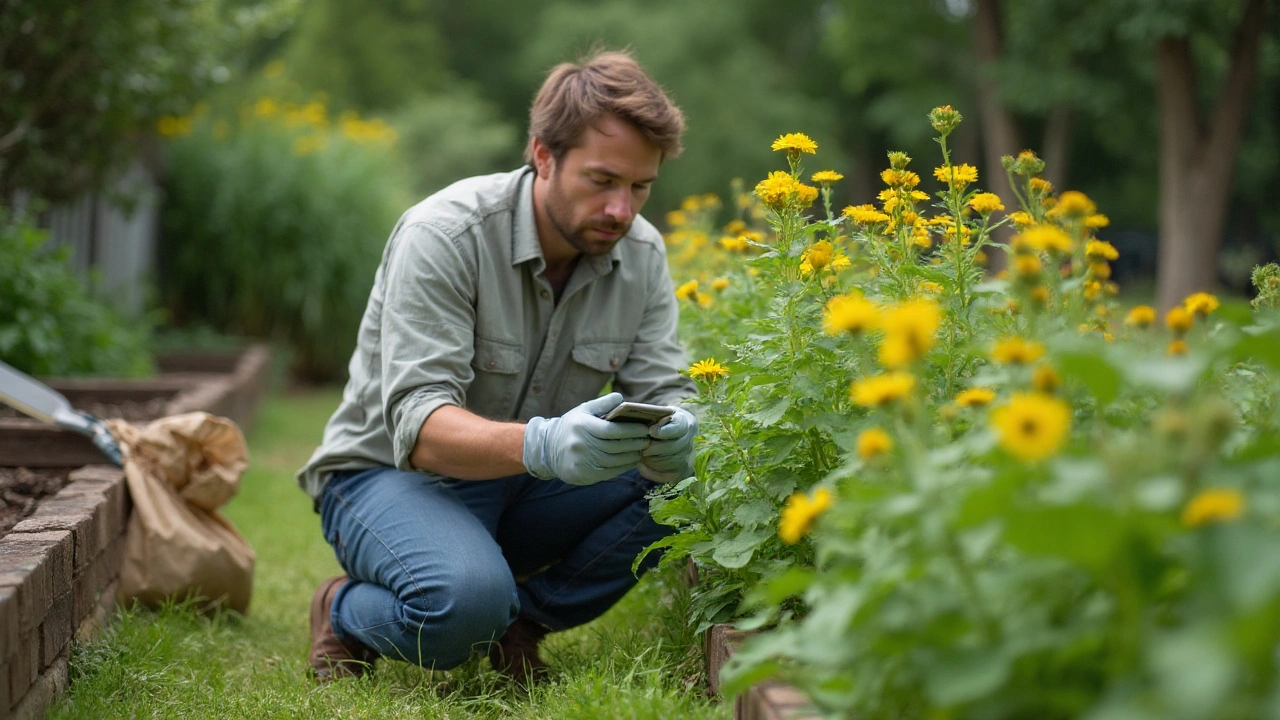Pyrrolizidine Alkaloids: What They Are and Why You Should Care
If you’ve ever heard the term “pyrrolizidine alkaloids” (or PA for short) and thought it was a chemistry class joke, you’re not alone. These are natural chemicals that show up in many weeds, herbs, and even some honey. The scary part? They can damage your liver and cause other health problems if you take too much.
Where PAs Hide: Common Plants & Foods
The most common PA‑rich plants are ragwort, comfrey, borage, and certain species of coltsfoot. If you love herbal teas or use traditional remedies, chances are you’ve encountered them. Even some dietary supplements can be contaminated if the raw plant material isn’t cleaned properly.
Animal products aren’t safe either. Cows that graze on PA‑laden pasture pass the toxins into milk and meat. Bees collecting nectar from these weeds can produce honey with low levels of PAs. So, it’s not just the plants you eat directly – the whole food chain can get involved.
Health Risks: What Happens If You’re Exposed
PAs are notorious for causing liver injury called veno‑occlusive disease (VOD). Symptoms range from mild fatigue and nausea to severe jaundice or even liver failure. The damage often shows up weeks or months after exposure, which makes it hard to link back to the source.
Besides liver issues, long‑term PA intake has been linked to certain cancers and lung problems. Kids and pregnant women are especially vulnerable because their bodies process toxins differently.
If you suspect PA poisoning, doctors may run blood tests for liver enzymes or look for specific PA metabolites in urine. Early detection is key – once the liver is scarred, it’s tough to reverse.
How to Protect Yourself
First off, know your herbs. Stick to reputable brands that test their products for contaminants. If you pick wild plants, learn how to identify PA‑containing species and avoid them. When buying honey, look for labels that say “PA‑tested” or choose sources from regions with low weed pressure.
Cooking doesn’t destroy PAs – they’re heat‑stable. So boiling or frying won’t make a toxic herb safe. The only reliable way to reduce risk is using clean, certified raw material.
If you run a farm or garden, manage weeds aggressively. Removing ragwort and similar weeds before animals graze can cut down on PA transfer into milk and meat. For beekeepers, place hives away from known PA hotspots.
Regulations & Testing
Many countries have set limits for PAs in food and supplements. The EU, for example, caps total PA content at 0.007 µg/g for certain products. In the U.S., the FDA monitors herbal supplements but doesn’t have a specific PA limit yet.
Lab testing usually involves liquid chromatography‑mass spectrometry (LC‑MS). If you’re a supplement maker, getting your batch tested can keep you out of trouble and give customers peace of mind.
Bottom line: pyrrolizidine alkaloids are everywhere in the plant world, but with a bit of awareness you can avoid the nasty side effects. Keep an eye on where your herbs come from, choose trusted brands, and don’t let weeds sneak into your food chain. Your liver will thank you.
